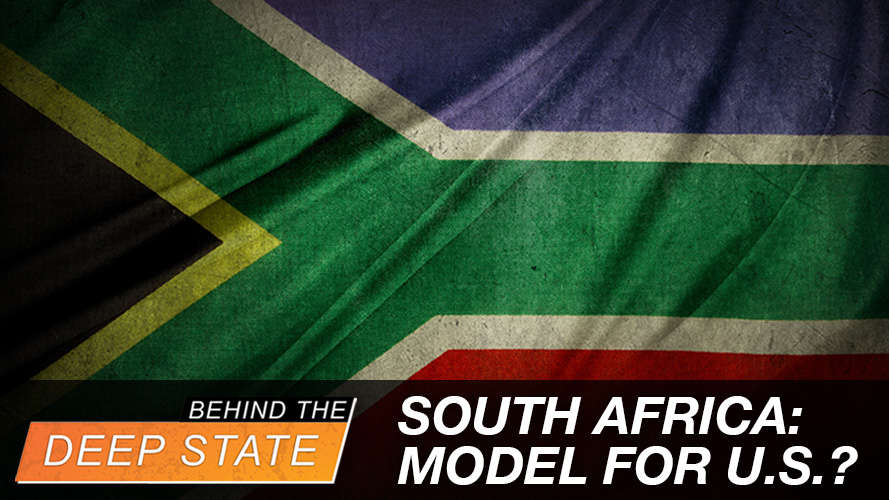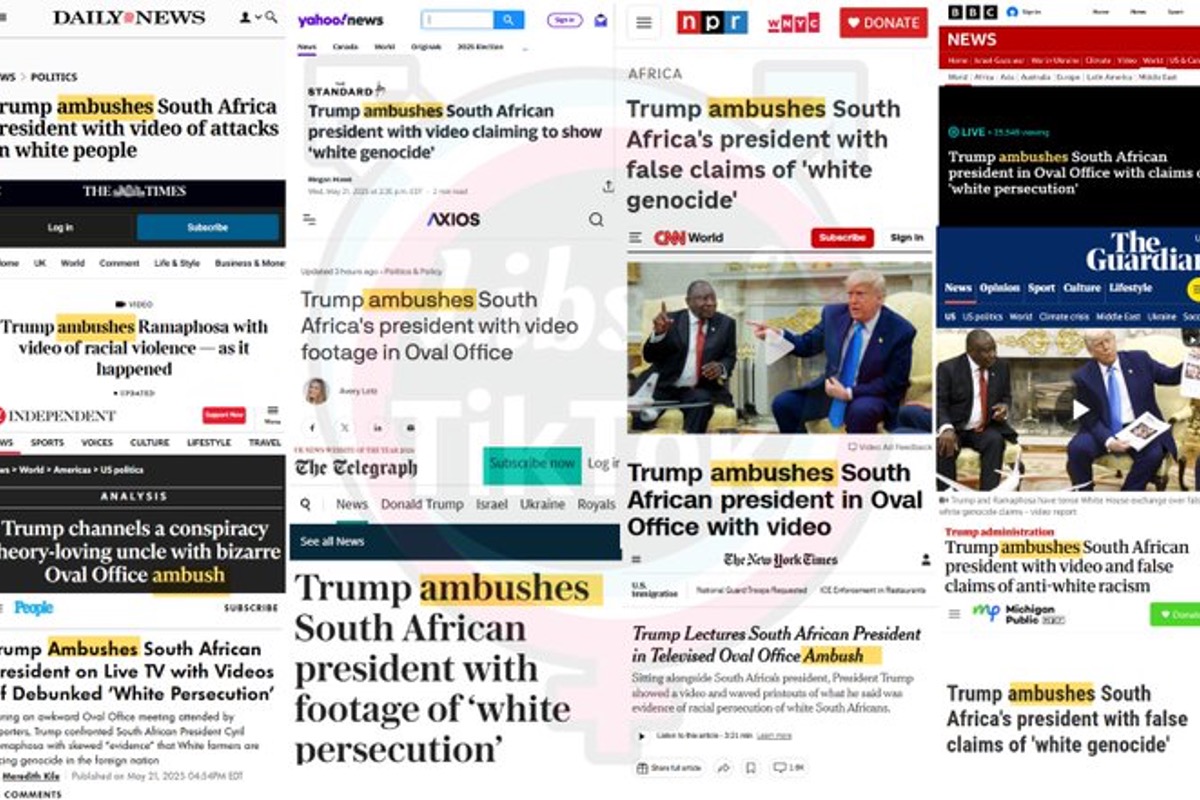
U.S. Troops Secretly Operating in Somalia Since 2007
The Bush and Obama administrations have conspired to send at least 120 U.S. troops to Somalia without the consent of Congress, according to a Reuters wire service report.
“U.S. military advisors have secretly operated in Somalia since around 2007 and Washington plans to deepen its security assistance,” Reuters noted. “The deployments, consisting of up to 120 troops on the ground, go beyond the Pentagon’s January announcement that it had sent a handful of advisors in October.”
In other words, the new acknowledgment belies the line pushed by the administration back in January of this year, according to the Voice of America, where “The Africa Command first acknowledged the U.S. military presence in Somalia in January. It said at the time that it had recently established a unit of advisors in the country that included fewer than five military personnel.”
Under the U.S. Constitution, Congress — and not the president — is given sole power “to make rules for the government and regulation of the land and naval forces” in addition to war powers, making the seven-year deployment blatantly unconstitutional. The actions of the Bush and Obama administrations are similar to the disastrous 1992-93 deployment to Somalia where 18 American servicemen were killed, and the bodies of two American Delta Force soldiers were dragged through the streets of the capital city of Mogadishu. More than 1,000 Somalis were also killed in the engagement, and American involvement changed nothing in the domestic political situation.
The last Somalia national government dissolved after popular revulsion against the bloody and oppressive, communist-aligned Somali government of Mohamed Siad Barre ended in 1991.
There was one difference between the 1992-93 deployment and today, however. Congress did eventually authorize the deployment of troops in a vote back in 1993 (though President Bush had already committed troops before the 1993 authorization). The current Congress has shown no interest in authorizing or acknowledging the intervention, apparently preferring to grant the president kingly powers by default.
The intervention in Somalia is perhaps similar in several ways to the increasing involvement of the United States in Vietnam, including that the U.S. soldiers are deployed primarily in an advisory role right now, as they were during the Eisenhower and Kennedy administrations. The Obama administration’s Africa Command spokesman Benjamin Benson told Voice of America that U.S. soldiers on the ground were “not tasked with engaging enemy forces except in self-defense” and that there were only a “limited number” of trainers and advisers and a “small military coordination cell.”
But the advisors are only the beginning. The British Broadcasting Corporation noted that the official acknowledgment is only the tip of the iceberg from the standpoint of an expanding U.S. military footprint in Somalia:
But the now-acknowledged “official” US soldiers are not the full extent of the armed American presence in Somalia. The US government also pays US military contractors to help supply and train Amisom [the African Union soldiers deployed to Somalia]. Many of these men — there are certainly scores, if not hundreds of them — are also armed.
The Vietnam analogy goes farther in the sense that the U.S. military is deployed to support a national government that has no domestic political support and that controls little actual territory, but which is propped up almost exclusively by foreign military forces.
American soldiers in Somalia are there to back the new national government, which controls only a quarter of the country’s territory, largely in areas occupied by foreign forces that include the Ethiopian army and the African Union’s mission AMISOM in the southern parts of the fractured nation. One Somali state, northwestern Somaliland, declared independence in 1991 and has been self-run since that time despite a lack of international recognition for the government. The other major northern province of Puntland has been self-governed since 1991 and has resisted Somali Federal Government advances, though it has avoided declaring formal national independence.
Together, those two quasi-nations comprise half of the alleged territory of the Somali Federal Government territory. About half of the remaining territory is controlled by the radical salafist al-Shabaab government, which has engaged in terrorism in the area and in neighboring nations.
So the “Federal Government of Somalia” is little more than a foreign puppet state with little domestic support, propped up by foreign militaries in the same sense that the Diem regime was propped up by the U.S. military in the early 1960s. And as with that regime (Diem was assassinated in 1963, as Somali parliamentarians are being assassinated today), there is little chance for the Somali National Government to win over the nation.
The questions remain, then, as the U.S. military becomes increasingly involved in Somalia:
• Will Congress continue to pass on to the president its exclusive constitutional powers to make rules for the military?
• Will more American soldiers die to defend a shadow Somali national government without a chance of succeeding politically?
• Why are American servicemen’s lives being put at risk for a political policy goal that has zero relationship to American national security?
• And, what does the futile deployment say about the value put by the president on the lives of American soldiers?




